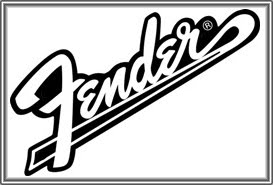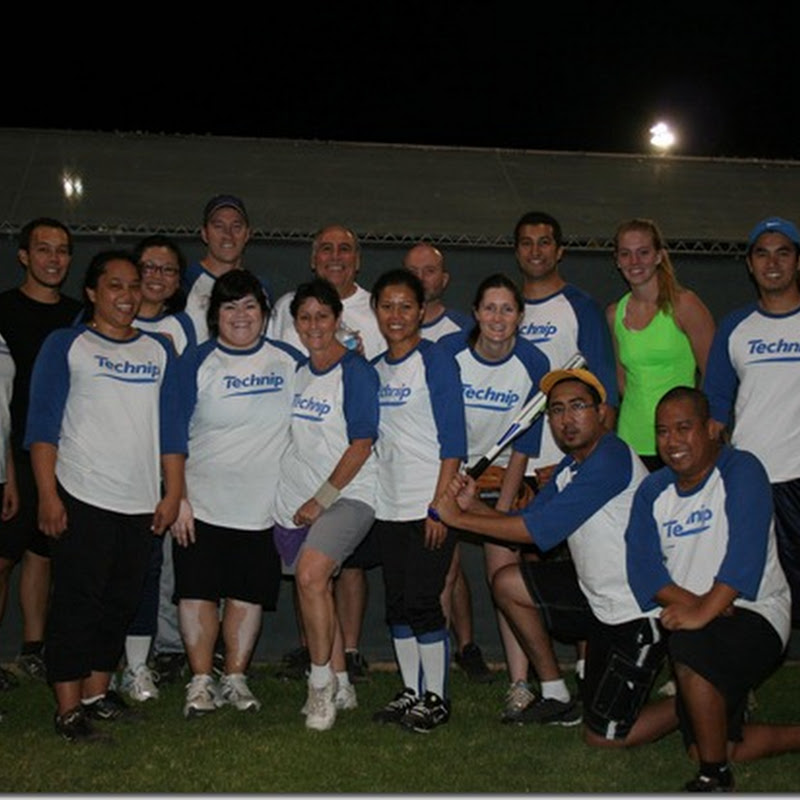Name: Raden Oma Irama
Born: 11th December, 1946 (Tasikmalaya, Indonesia)
Profile: He is an Indonesian dangdut guitarist, singer and actor. During the height of his stardom in the 70's, he became the self-proclaimed 'Raja Dangdut' (King of Dangdut) with his group "Soneta".
History: His career began in the late 60's when he recorded solo records and with the group "Orkes Melayu Purnama". He sang duets on several record LPs with Indonesian female vocal stars such as Inneke Kusumawati, Ellya Khadam, Lily Junaedhy, Vivi Sumanti, and the later to be crowned 'Queen of Dangdut', Elvy Sukaesih.
It was at this period of time, a new popular music called Dangdut emerged from the slums and suburbs of Jakarta in Indonesia. The music was performed on an electrified and modernized version of the older acoustic orkes melayu orchestra and combined influences from Indian and Malaysian film music, Islamic popular music and American popular song, primarily rock.
The name dangdut is an onomatopoeic reference to the tabla-like pair of drums used in the ensemble that supply the genre with its defining rhythm: DANG dut, in which a heavy, low-sounding pitch off the beat ("dang") is followed by a light, higher pitch note on the downbeat ("dut"). The form was originally characterized by love duets between young men and women.
Once Oma broke from recording with "Orkes Melayu Purnama", he eventually formed "Orkes Melayu Soneta", the first so-called Dangdut group. In fact, Oma established the term Dangdut with a song by that name from the early 70's. He wrote the classics 'Kareta Malam' and 'Kuda Lumping' which were sung by Elvy Sukaesih. Once "Soneta" was established in the early 70's, Oma changed his name to Rhoma and went on a decade long run of successful hit records and films, all of which starred Rhoma playing himself while performing all of his hits.
During the 80's, Dangdut was synonymous with the on-stage persona of Rhoma, dressed in a tight black tanktop, headband, leather pants, gloves and boots, and playing a black flying-V guitar, sweatily glistening in heavy-metal dangdut glory-certainly a far cry from the bubblegum, coy flirtatiousness of the heavily made-up teen dangdut singers of the genre's early years. By the late 80's, Rhoma had become fabulously wealthy. During this era, he continued to record and develop an international reputation, collaborating with such legends as Lata Mengeshkar, the golden voice of Bollywood.
Today, Rhoma is still active with the dangdut and entertainment business. However, with his semi-retirement, dangdut has reverted mostly to light flirtatious songs, and today it greatly resembles other forms of more overtly Westernized Indonesian genres of popular music.
Influences: Unknown
Axology: Fender Stratocaster and Gibson Flying V
Signature song(s): Begadang - Rhoma Irama (Begadang, 1978)
Link(s):
http://www.youtube.com/watch?v=bimiSFIDCN4
http://www.youtube.com/watch?v=flJ57d1zRZw
http://www.youtube.com/watch?v=nkG9id2eXb0&feature=related
skip to main |
skip to sidebar




Pages
Author
Hello all, we are now in March, 2012... 'RizMum' blog sure is getting slower now, but as promised I will try my best to keep on going... and its been awhile now since my last post (T_T) and to update this took me almost a year, anyhow, this will be my final year so you guys know how it is when the big "E" comes. So guys, see you in my next post and keep on SHREDDING!!!! And as always please feel free to drop a suggestion/ideas via e-mail, Thanks
N. Brunei Darussalam

Lijit Search Wijit
Lijit Ad Wijit
Blog Archive
Labels
- 7-strings (12)
- 8-strings (2)
- Acoustic guitars (47)
- African (1)
- Almeria guitars (1)
- American (112)
- Asian (42)
- Australian (4)
- B.C. Rich guitars (9)
- Bassist (19)
- Blues-genres (48)
- Campbell Am. guitars (1)
- Caparison guitars (2)
- Carvin guitars (3)
- Charvel guitars (6)
- Cort guitars (1)
- Crafter guitars (1)
- Dean guitars (7)
- Eastwood guitars (1)
- Epiphone guitars (7)
- ESP guitars (11)
- European (30)
- Female guitarist (29)
- Fender guitars (83)
- Fernandes guitars (3)
- Fingerstyle (31)
- Gibson guitars (61)
- Godin guitars (1)
- Greenfield guitars (1)
- Gretsch guitars (10)
- Guild guitars (5)
- Guitar Heroes (189)
- Hamer guitars (7)
- Harp guitarist (6)
- Heritge guitars (1)
- HIStory (1)
- Ibanez guitars (32)
- Jackson guitars (19)
- Jazz-genres (44)
- Killer guitars (3)
- Klein guitars (2)
- Kramer guitars (4)
- Left-handed players (12)
- Luna guitars (1)
- Martin guitars (11)
- Maton guitars (1)
- Maverick guitars (1)
- MC guitars (2)
- McNaught guitars (1)
- Metal-genres (88)
- Mosrite guitars (1)
- Music-Man guitars (7)
- Neo-Classical (34)
- Ovation guitars (9)
- Parker guitars (2)
- Peavey guitars (4)
- PRS guitars (10)
- Punk-genres (14)
- Radix guitars (2)
- Reggae-genres (1)
- Rhythm (57)
- Rickenbacker guitars (4)
- Rock-genres (97)
- Sadowsky guitars (2)
- Scales 'n Appregios (6)
- Schecter guitars (4)
- Shredder (115)
- Signature Guitars (4)
- Squier guitars (5)
- Suhr guitars (1)
- Takamine guitars (6)
- Taylor guitars (7)
- Tech-talks (2)
- Vigier guitars (1)
- Vox guitars (1)
- Warmoth guitars (2)
- Warwick guitars (2)
- Washburn guitars (9)
- Watkins guitars (1)
- Yamaha guitars (8)
- YouTube (8)
Live Traffic Feed
You Are Here...
My Galleria

Friday, 9 July 2010
Bob Marley
September is the month for the Reggae master Bob Marley;
- Most widely known and reverd performer of reggae music
- He is also credited for helping spread Jamaican music to a worldwide audience.
More about him, check out his official website at;
http://web.bobmarley.com/index.jsp
- Most widely known and reverd performer of reggae music
- He is also credited for helping spread Jamaican music to a worldwide audience.
More about him, check out his official website at;
http://web.bobmarley.com/index.jsp
Music Lovers
About Me

- RizMum
- Brunei
- I was born and raised in a family who love and honour music, which I am the 3rd generation in my family as a musician. One of my grandfather (Awang Besar Sagap) was the composer of Brunei's national anthem "Allah Peliharakan Sultan" and my uncles (M. Idris and AB Suhaili) was responsible in composing Brunei's folk songs such as "Kampong Ayer", "Laila Menchanai", "Lumut Lunting", "Awang Semaun" and other Pop songs in the 60's and 70's and my dad was a guitarist/singer in a well known band called "Perdana" back in the 70's. I started to play guitar in 1995 and took it seriously a year after, been teaching guitar lessons since 2003 till 2005 at one of the capital's private schools and now individually. In 2002 - 2006 I formed a band as a guitarist and frontman in a band "Morpheus Lead". Currently I just started taking lesson (early 2010) on how to read music notes as my interest is now in Neo-classical.
Next.....
1. Matthew Mills
2. Jonny Lang
3. Brad Delson (Linkin Park)
4. Jason Becker
5. Mark King
6. Tony MacAlpine
7. Duane Allman
8. Shawn Colvin
9. Liona Boyd
10. Jimmy Page
11. Brian May
12. Jeff Beck
13. Keith Richards
14. Ray Davies
15. Dorian Scale
16. Ronnie Wood
17. Paul McCartney
18. Sting
19. Rory Gallagher
20. Alex Hutchings
2. Jonny Lang
3. Brad Delson (Linkin Park)
4. Jason Becker
5. Mark King
6. Tony MacAlpine
7. Duane Allman
8. Shawn Colvin
9. Liona Boyd
10. Jimmy Page
11. Brian May
12. Jeff Beck
13. Keith Richards
14. Ray Davies
15. Dorian Scale
16. Ronnie Wood
17. Paul McCartney
18. Sting
19. Rory Gallagher
20. Alex Hutchings
Check This Out!!!
Choose Your Chords
Disclaimer
All information, photos and other labels in this site are not taken by "RizMum" unless otherwise noted. They all came from different sources such as Google Image, several free photo sharing websites, magazines, videos, live chats/interviews and forums, and it is not intentionally to hurt anyone or any organization whatsoever.
The names.......

Copyright 2009 - RizMum is proudly powered by Blogger
Blogger Templates created by Deluxe Templates. WP by TemplateLite
Blogger Templates created by Deluxe Templates. WP by TemplateLite





No comments:
Post a Comment